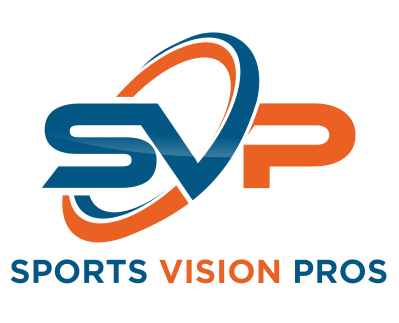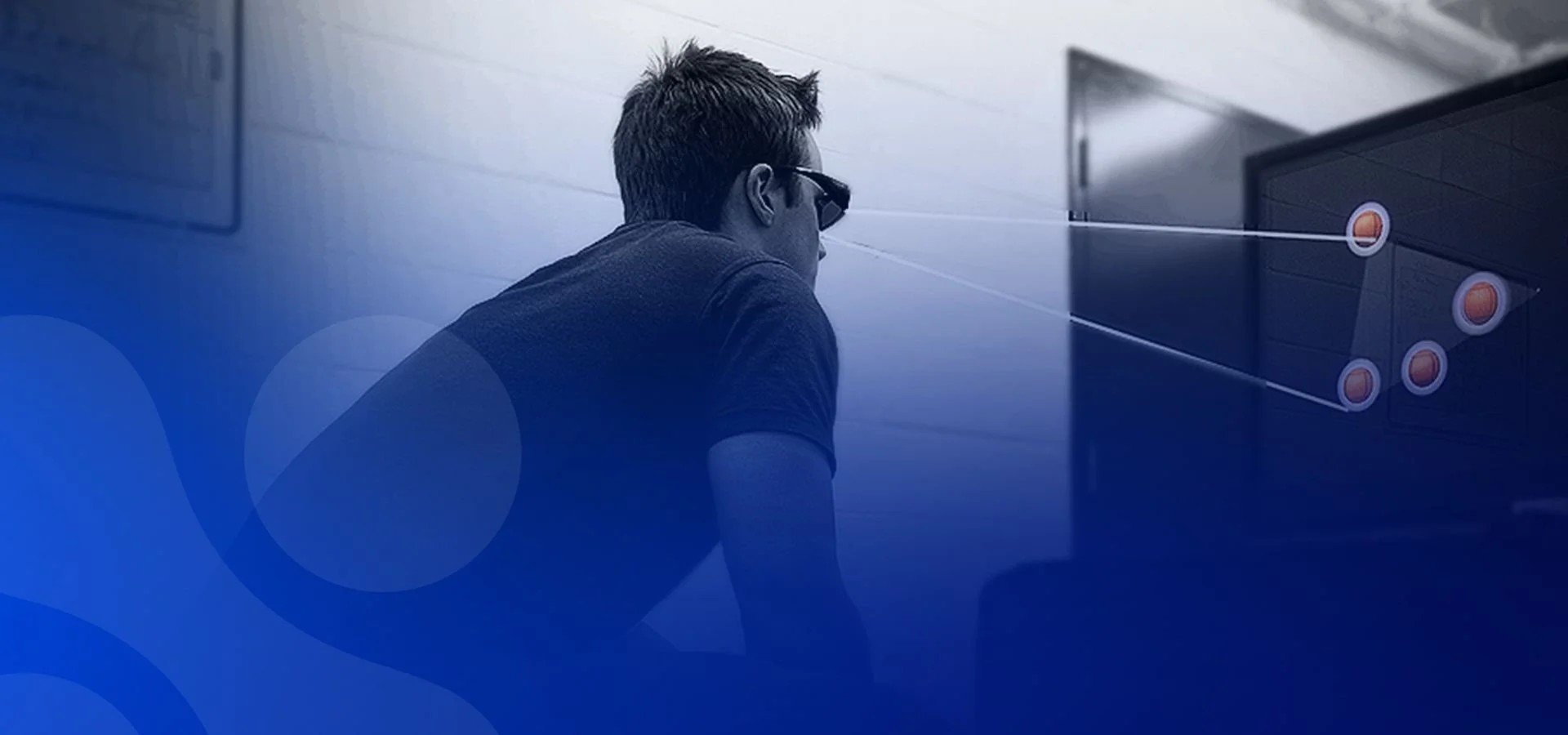Coaches - Vision Health
Whether you’re coaching little league or a professional sports team, poor vision can significantly impede your athletes’ performance and safety. If your athlete can’t see the ball or other players, they will have a much more difficult time catching, passing, and safely maneuvering through obstacles and other players.
More practically, if someone else sees something better or reacts faster, your athlete is at a significant disadvantage. If you watch almost any sport, the player that truly stands out (the great not just good player), is the one that seems to see things just a little bit earlier and react just a little bit faster.
Encourage Regular visits to the Eye Doctor
Unfortunately, many athletes (especially children) do not realize they suffer from undiagnosed vision impairments. Coaches spend significant time and resources training athletes to compensate for poor vision without ever addressing the undiagnosed vision impairment. Addressing these vision impairments can make your training more effective, as well as improve your athlete’s performance and their safety. Therefore, it is important that you know the signs that your athlete may be suffering from a vision impairment and ensure that all your athletes visit an eye doctor for an in-person examination.
As a coach, if your athlete exhibits all the physical skills and proper technique to be successful, yet they still perform below expectation, consider a visual performance evaluation. If any of your athletes complain about the following problems, make sure they see an eye doctor for an in-person comprehensive eye examination:
Blurred Vision
Complaints of lack of clarity in sport
Difficulties in night ( indoor) vs daytime sport environments
Headaches
Double vision
Difficulty tracking targets or the ball
Misjudging depth, missing catches, shooting balls high or low of targets
Timing Issues
Slowed decision making on the field
Consistent difficulties effectively running plays designed by the coach
Irritated eyes during sport
Difficulty with varying light levels
Screenings are not Enough
Remember, it is important that all your athletes regularly see an eye doctor even if they pass a vision screening or do not exhibit signs of vision impairment. Not all vision impairments have obvious warning signs or impact performance right away. It’s better for your athlete to see an eye doctor before the vision impairments are obvious and/or already impacting their performance.
Furthermore, your athletes’ vision may be “good enough” to pass a school screening, but their vision can still not be good enough for their sport. Therefore, all athletes should regularly see an eye doctor even if they pass vision screenings, especially if competing at a high level in sport to address additional factors, outside of acuity and eye health that constitute a “sports performance evaluation.
For more information on how you can improve eye health, see
National Eye Institute: Sports and your Eyes
Partners


















